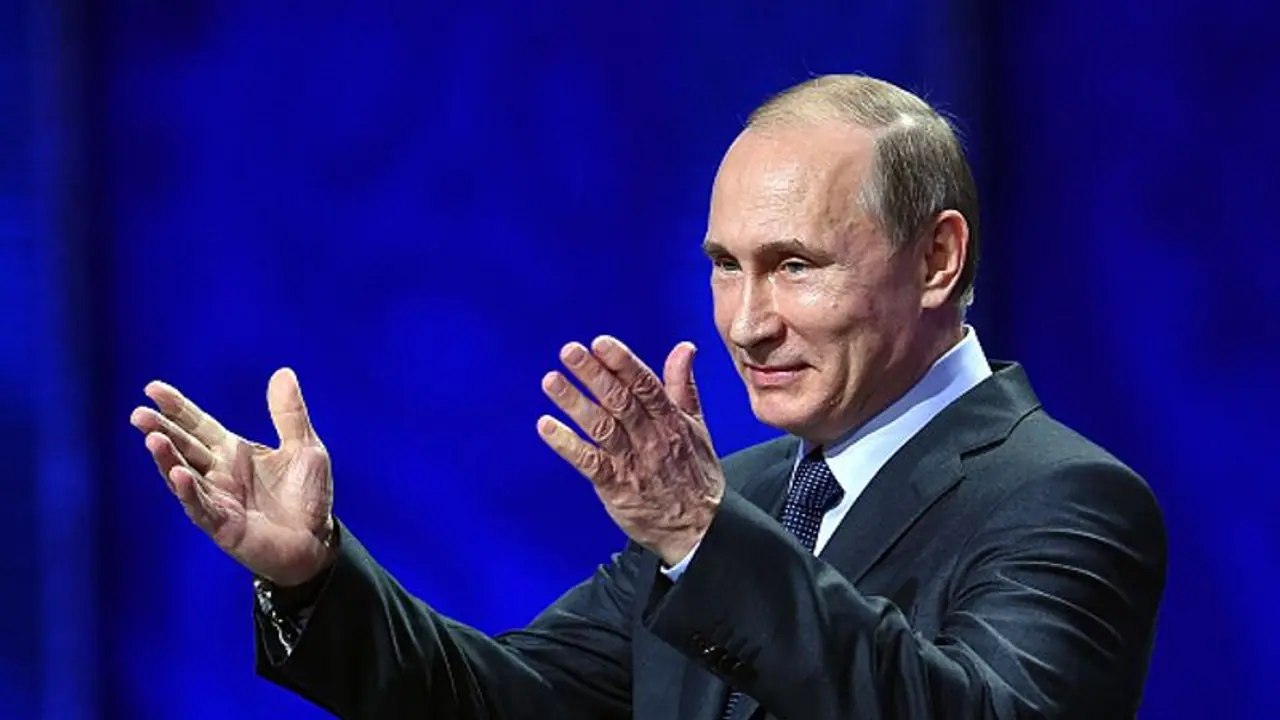Dmitry Peskov, a Kremlin spokesperson, told reporters that Putin was "totally well" and had done a coronavirus test but did not reveal the results.
The Kremlin said Tuesday that President Vladimir Putin would self-isolate after coronavirus infections were discovered in his circle, as Russia continues to deal with stubbornly high Covid infection rates. Dmitry Peskov, a Kremlin spokesperson, told reporters that Putin was "totally well" and had done a coronavirus test but did not reveal the results. Putin was scheduled to fly to Tajikistan's capital Dushanbe for a regional conference later this week. Still, he informed President Emomali Rakhmon in a phone conversation that he would be unable to attend in person.

In a statement, Kremlin said that Putin would observe a self-isolation regime for a certain period of time. Since the outbreak of the pandemic, Russian authorities have taken extraordinary precautions to safeguard Putin, who has been immunised with Russia's domestic Sputnik V vaccine. Foreign leaders, journalists, and officials have all been ordered to separate themselves before meeting with Russia's long-serving leader.
On Monday, Putin met with Syrian President Bashar al-Assad and Russian competitors returning from the Paralympic Games in Tokyo. Russia is one of the hardest-hit nations by the coronavirus pandemic, with the fifth-highest number of documented cases, and has failed to control infections despite easy access to vaccines.
Also Read | Russian minister Yevgeny Zinichev dies trying to save filmmaker' life during training exercise
Russia has many domestic vaccinations that are freely available to the public, but no Western-made vaccines are distributed. Moscow, the epicentre of Russia's epidemic, and many districts have implemented obligatory vaccination measures to accelerate the vaccination push, and Putin has frequently urged Russians to be vaccinated. The Kremlin first established a goal of fully immunising 60 per cent of Russia's population by September. Still, that objective was eventually cancelled, even though free vaccines have been accessible since early December.
